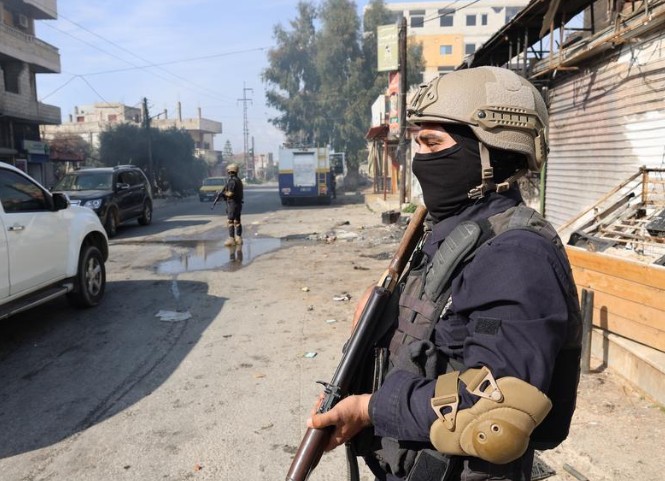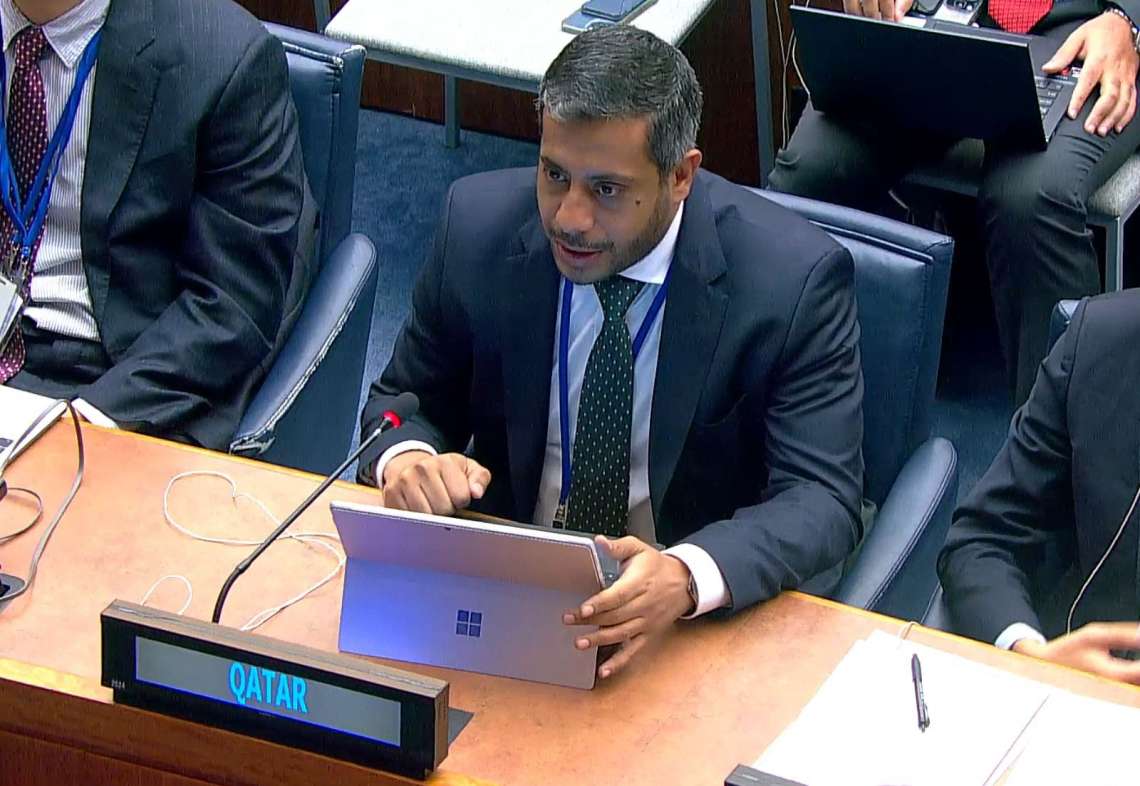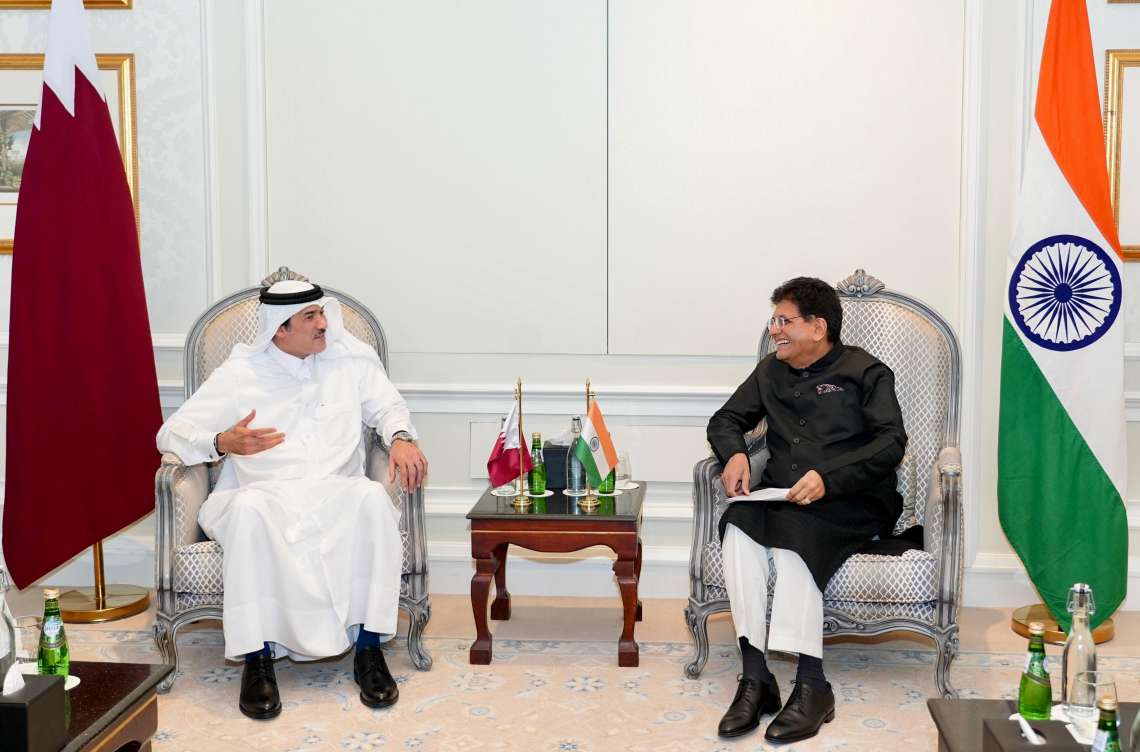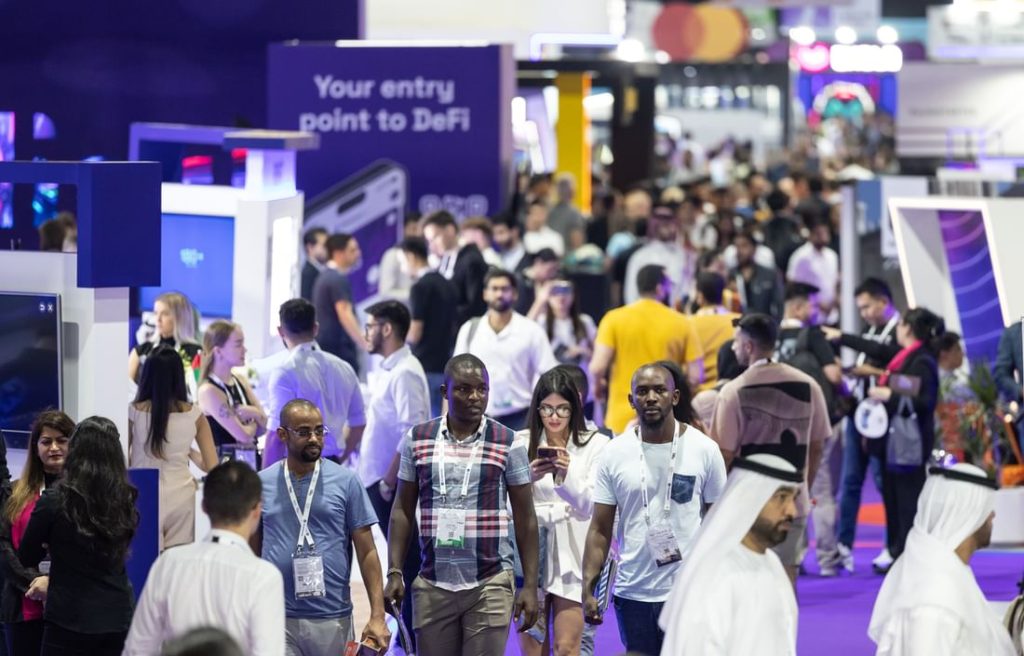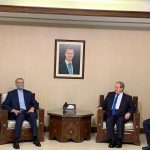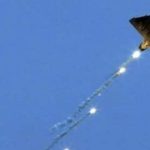Qatar, speaking for the Arab Group at the UN, urged unity and sovereignty for Syria as regional diplomacy, UN warnings, and fragile ceasefires highlight a precarious crossroads….reports Asian Lite News
Qatar, speaking on behalf of the Arab Group at the United Nations, has underlined that Syria’s security and stability remain central to Arab and regional security. Delivering a statement at the UN Security Council’s monthly briefing on the Situation in the Middle East, Qatar’s Permanent Representative to the UN, Sheikha Alya Ahmed bin Saif Al Thani, emphasised that safeguarding Syria’s unity and national institutions is the only real guarantee against renewed instability and the resurgence of terrorist groups.
Sheikha Alya said the Syrian people are currently navigating a critical phase marked by a convergence of security, humanitarian, economic and developmental challenges. These issues, she noted, have directly affected the living conditions of citizens while straining already burdened state institutions. While Syria is undertaking national efforts to address these difficulties, she stressed that the scope of the crisis requires meaningful international support to complete the process of recovery and reconstruction. Such support, she argued, would not only aid Syria’s stabilisation but would also radiate positively across the wider region.
The Arab Group, in its statement, emphasised the importance of consolidating national unity under the institutions of the state. This, Sheikha Alya said, must involve trust-building, extending security, advancing development, and pressing forward with a comprehensive, Syrian-led and Syrian-owned political process that involves all segments of Syrian society. The envoy argued that such an inclusive approach is key to safeguarding the rights of citizens, strengthening national reconciliation, supporting transitional justice and achieving long-term peace.
The Group welcomed steps already taken by the Syrian government to advance these goals, including its cooperation with the international community and UN institutions. It reaffirmed the UN’s role as a central partner in supporting national efforts.
Sheikha Alya also reiterated that the Arab Group remains firmly committed to Syria’s sovereignty, independence, and territorial integrity. The Group rejects any external interference in Syrian affairs or attempts to impose faits accomplis on the ground, including any form of partition or fragmentation. Acts of violence undermining security within Syria were described as deeply concerning, with the envoy calling for accountability and restraint from all parties.
UN warns of worsening political climate
The Council’s session also heard from UN Special Envoy for Syria Geir Pedersen, who warned that, despite a fragile calm in parts of the country, Syria’s political climate is deteriorating. He referred to the July 19 ceasefire in Sweida, which has held back open conflict but remains tenuous amid ongoing skirmishes.
Pedersen cautioned that a month of relative military quiet should not mask the growing political volatility. He said “escalatory and zero-sum rhetoric” was hardening positions among actors, and was further inflamed by shocking footage of abuses committed during the Sweida escalation.
Calling for accountability regardless of perpetrators’ affiliations, the envoy welcomed the interim Syrian authorities’ creation of a fact-finding committee to investigate the abuses. He insisted that its findings must be made public and that justice must be pursued.
Pedersen said any long-term prevention of future violence will require robust programmes on security sector reform, disarmament, demobilisation and reintegration. He again emphasised the need for an inclusive Syrian-led political process that safeguards rights, addresses legitimate aspirations, and allows Syrians to shape their future independently and democratically.
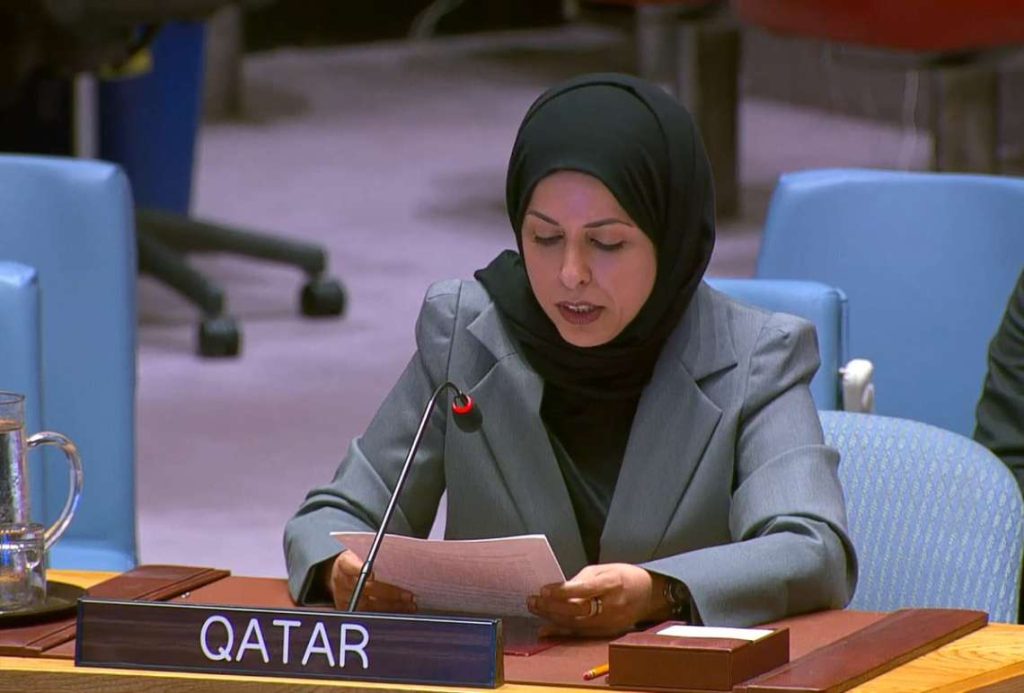
Syrian-Israeli contacts in Paris
Adding a new diplomatic dimension, Syrian Foreign Affairs chief Assad Hassan al-Shibani reportedly held rare talks with an Israeli delegation in Paris under US mediation. According to Syria’s state news agency SANA, the meeting centred on easing tensions in southern Syria, reviving the 1974 disengagement agreement, and strengthening monitoring mechanisms for the Sweida ceasefire.
The talks also sought to reinforce Syria’s territorial integrity and ensure that international mediation contributes to long-term stability. Earlier this month, al-Shibani also engaged in trilateral talks in Amman with Jordan’s Foreign Minister Ayman Safadi and US Special Envoy to Syria Thomas Barrack, where a Syrian-Jordanian-US working group was created to support the Sweida ceasefire and explore a comprehensive solution.
These efforts come against the backdrop of significant shifts on the ground. Following the collapse of Bashar al-Assad’s government last year, Israel deployed ground forces into the buffer zone near the Golan Heights. Although the zone is nominally demilitarised and monitored by the UN Disengagement Observer Force, Israel later seized the Syrian-controlled side of Mount Hermon, raising new questions about the durability of ceasefire arrangements that have been in place for half a century.
Taken together, the statements and developments at the UN highlight both the fragility and the urgency of Syria’s situation. The Arab Group’s call for unity and international support echoes longstanding concerns that Syria’s fractured landscape could fuel wider regional instability if left unresolved. Pedersen’s warning about worsening political rhetoric underscores the risk that, despite relative calm in some areas, the seeds of renewed conflict remain deeply rooted. Meanwhile, the Paris and Amman talks suggest that back-channel diplomacy, however tentative, may yet play a role in steering Syria away from further fragmentation.

